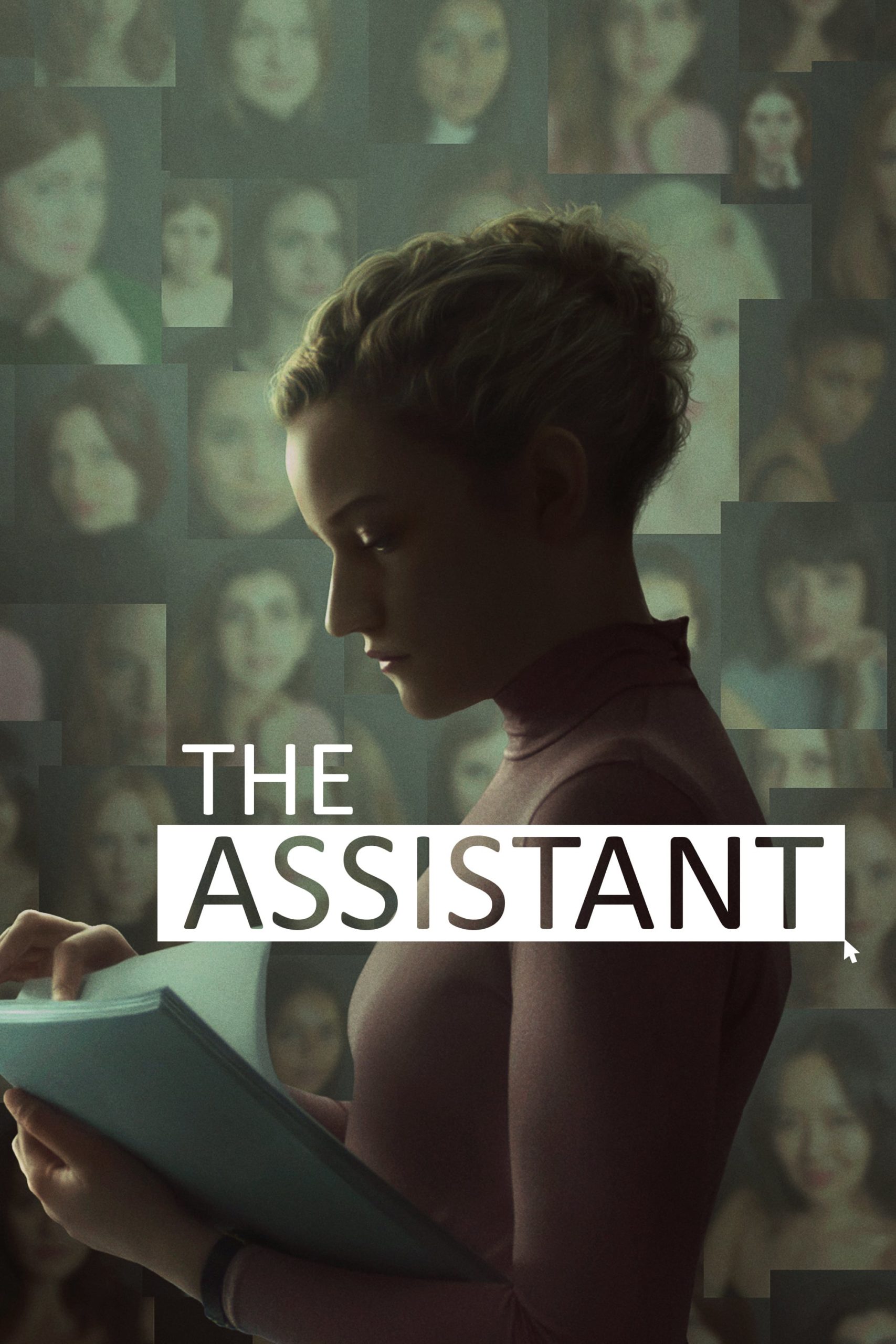
WHAT WE THINK:
OUR SCORE:
 – A necessary drama.
– A necessary drama.
JUST A FEW WORDS (IN THE HEAT OF THE MOMENT):
The Assistant is an interesting film which, through an economy of audiovisual language and a nearly zavattinian approach (“throw away the scripts and start tailing people with a camera”), exposes the hidden world of sexism and qui pro quo in the film industry and the omerta that surrounds the problem.
The bored and accustomed people who look away (with the head reclined on their phones on which they maybe argue on the social media about the world injustices) don’t notice – or better pretend not to – what (still) happens around them in a world rotten to the core.
And when they do realise, they have no intention to stand up to it – for the threats of dismissal or the career hopes and the bought silence.
The film is very interesting because it doesn’t aim to an unidirectional critique, but signals how everyone can be seen as a culprit: for instance, the actress of the finale who takes with her a casting tape in which we can see her rebelling against some sexist clichés (in a sort of mise-en-abîme of the film itself) in the part, but that ultimately surrenders to the way it is – even if what is (probably) one of the casting directors define her as “a waste of her time”.
The visual language, formal and frontal – almost anesthetizing – reveals, gradually, the solitude (and loneliness) of someone (our character) who doesn’t really manage to get used to the idea that the world is like this and doesn’t want to “bend” to it. In the ending, finally, an angled frame shows the point of view (and the perspective) of this solitude, while opaque windows hide what everyone else doesn’t want to see.
PROS:
- The strong critique of the “not seen” which doesn’t necessarily mean “not happened”.
- The position of the point of view bearer of ethical and moral perspective.
- A sort of tailing (Zavattini).
- Cold cinematography.
- Some dialogues (“you’re not his type”) which ambiguously confirm the suspicions.
- An event plot suspended in favour of a moral plot.
- Julia Garner’s acting.
CONS:
- A tension (due to the moral dilemma) a bit too slow to settle.
- Although we’re always with the protagonist and assume her perspective on the world, this impacts our bond with the character and leave the spectator alone, too – which could also be a pro, but in this case we feel it fails to add something and actually detracts from the potential strength of this film. Even in this case, the perspective seem a bit too slow to settle.
What do you think of this film? Please leave a comment below and let us know!
To read more of these film “pills”, please visit our dedicated section.
Or, if you’re after a more-in-depth look at some films and/or filmmaking techniques more than just a quick take on the films as we watch them, please have a look at our Film Analysis page.
GENERAL INFO:
 6.2
6.2

Photos
See all photos >>






